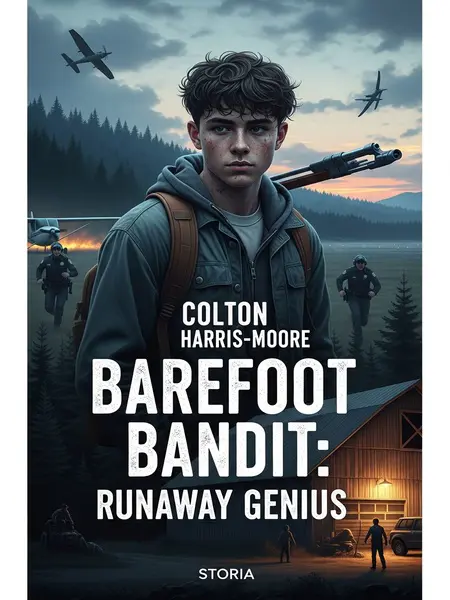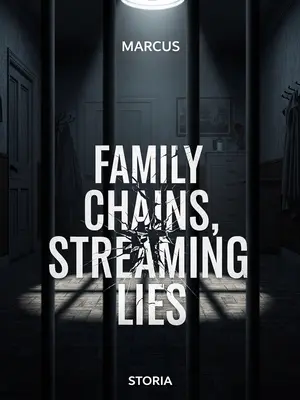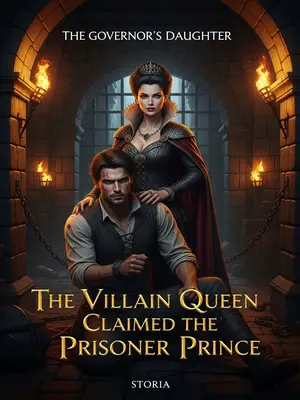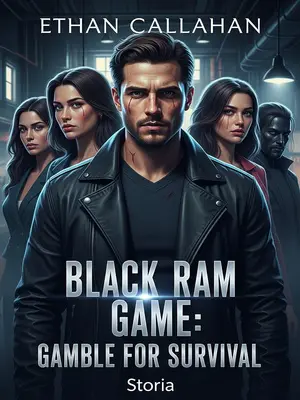Chapter 4: The Great Escape
July 4, 2010.
Fireworks painted the sky as Americans celebrated freedom. Little Col watched from the shadows, feeling a connection to the rebels of history.
Now wanted in every state, Little Col rolled into Indiana.
He caught a ride from a trucker, blending in with the holiday crowds. The energy was electric, but his mind was locked on escape.
He set his sights on one last plane—the ultimate getaway.
He’d spent weeks scoping out airfields, hunting for the perfect score.
That night, he slipped into Bloomington Airport.
The tarmac was deserted, except for distant hangars and the glow of security lights. He dodged cameras, nerves frayed but focus razor-sharp.
He picked his target—a flashy Cessna 400 worth $600,000, its candy-apple red paint glinting like a Ferrari.
Its sleek lines and polished chrome screamed luxury. Little Col grinned—this was the big leagues.
Perfect!
He whispered the word, savoring the rush. He pictured himself soaring above the clouds, totally untouchable.
Using his usual tricks, he rolled the plane out of the hangar and, with his experience, got airborne in less than half an hour.
He moved like he’d done it a thousand times, every step automatic. In thirty minutes, he was taxiing down the runway, ready to blast off.
He flew thousands of miles, grinning the whole way.
He watched America shrink beneath him—fields, rivers, city lights—all his for the taking.
Everything felt golden.
He sang along to the radio, feet kicked up, feeling like the king of the world.
But then, trouble hit:
He hadn’t mapped his route, and the fuel gauge was dropping fast.
The needle slid lower, and he cursed, realizing he’d blown it again.
Another crash was coming.
He scanned the map for a safe landing spot, but nothing looked good.
But fate had other plans:
A storm barreled in, tossing the plane off course. Little Col wrestled the controls, praying for a miracle.
After wild maneuvers, the plane crashed on a sandy field in the Bahamas, 2,000 kilometers from home.
The landing was chaos—metal scraping, glass shattering, locals running out in shock.
The once-pristine Cessna was totaled.
Wings bent, propeller snapped, cockpit trashed. It looked like a scene from Fast & Furious gone wrong.
As always, Little Col walked away with barely a scratch.
He brushed off his jeans, flashed a crooked smile, and melted into the night.
Now stranded in paradise, Little Col didn’t hide—he got bolder.
He treated the island like his playground, exploring every corner.
He wanted his final act to be legendary—one last adventure before the end.
He snuck into supermarkets, lifted snacks from bars, and sampled local rum. He danced with tourists and spun wild stories for bartenders.
He introduced himself to everyone:
"Hey, I’m the Barefoot Bandit wanted by America. Heard of me?"
He’d wink, flash a grin, and wait for their reaction.
"No? Well, now you have—remember the name!"
Locals laughed, some rolled their eyes, but nobody forgot him. He became a minor celebrity overnight.
Little Col flaunted his presence, daring the FBI to come get him.
He wanted a showdown—a finale worthy of Hollywood.
His antics caught the attention of Bahamian police fast.
Word spread. Officers started combing the island, asking questions.
After confirming his identity with the FBI, they launched a manhunt.
Posters went up, checkpoints appeared, and tourists snapped photos hoping for a glimpse.
But Little Col stole a luxury yacht and vanished again.
He cruised the turquoise waters, dodging patrol boats, soaking up the sun. For a while, it felt like paradise.
But when you play with fire, you get burned.
Locals started whispering, keeping an eye out. The tension mounted.
Little Col didn’t realize that locals, tempted by the bounty, were tracking him.
People swapped notes, shared sightings, and followed footprints in the sand.
Within days, Bahamian citizens fed tips to the police.
A fisherman spotted him by the docks, a bartender remembered his story, and the net closed in.
Late at night on July 11, 2010, with help from the public, police cornered Little Col at sea and captured him.
Spotlights flashed, engines roared, and officers swarmed his boat. He surrendered with a shrug, almost relieved it was over.
He was sent back to the US.
The flight home felt unreal. Agents watched him like hawks, but Little Col just stared out the window, lost in thought.
This time, the FBI was stunned—face to face with a nineteen-year-old who’d run circles around them for two years.
They expected a hardened criminal, but got a skinny kid with a crooked smile and muddy feet.
It was almost funny.
Reporters battled for interviews, agents swapped stories about his stunts. The legend only grew.
But as they dug into his past, they couldn’t help but marvel.
They realized he was more than a troublemaker—he was a survivor, a dreamer, and maybe even a genius.
Little Col had brains, guts, and luck—he truly earned his place as a modern outlaw.













